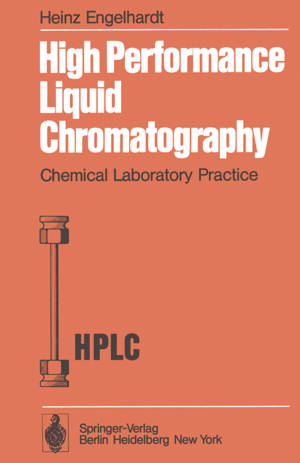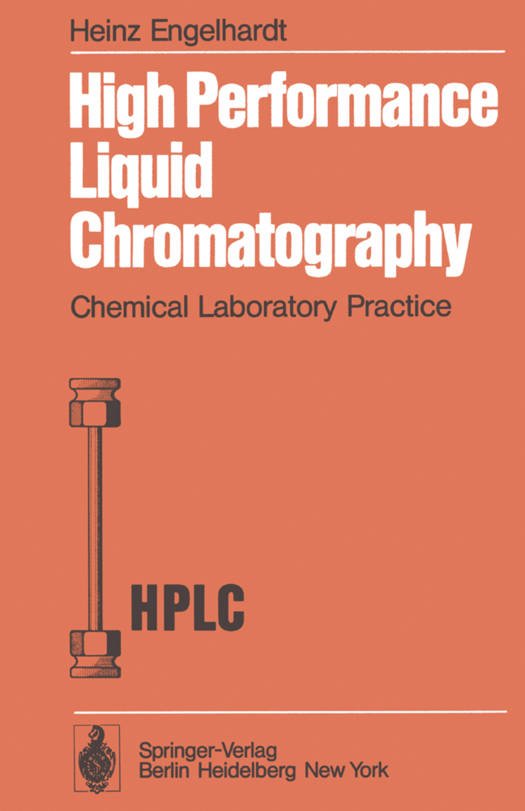
Bedankt voor het vertrouwen het afgelopen jaar! Om jou te bedanken bieden we GRATIS verzending (in België) aan op alles gedurende de hele maand januari.
- Afhalen na 1 uur in een winkel met voorraad
- In januari gratis thuislevering in België
- Ruim aanbod met 7 miljoen producten
Bedankt voor het vertrouwen het afgelopen jaar! Om jou te bedanken bieden we GRATIS verzending (in België) aan op alles gedurende de hele maand januari.
- Afhalen na 1 uur in een winkel met voorraad
- In januari gratis thuislevering in België
- Ruim aanbod met 7 miljoen producten
Zoeken
Omschrijving
Modern liquid column chromatography (LC) has developed rapidly since 1969 to become a standard method of separation. If the statisticians are to be believed, the recent growth of LC has been the most specta- cular development in analytical chemistry and has not yet abated be- cause its vast potential for application remains to be fully exploit- ed. Significant factors contributing to this continued rise are the simplicity and low cost of the required basic equipment and the rela- tive ease of acquiring and interpreting the data. Unfortunately, in LC, as so often in the field of analytical chemistry, the available commercial instruments are frequently far more complicated - and consequently far more expensive - than is nec- essary for routine application. Therein also lies the risk of propa- gating a "black box" philosophy that would be particularly detrimen- tal to chromatography. Moreover, it appears to have been forgotten, as was done previously with gas chromatography, that inadequate sep- aration by a column can be remedied only with great difficulty, if at all, by electronic means. Also, whether the capillary columns recent- ly advocated with great enthusiasm for LC will fulfill the expecta- tions of their proponents is highly questionable unless someone comes up with some new and revolutionary ideas.
Specificaties
Betrokkenen
- Auteur(s):
- Vertaler(s):
- Uitgeverij:
Inhoud
- Aantal bladzijden:
- 254
- Taal:
- Engels
- Reeks:
Eigenschappen
- Productcode (EAN):
- 9783642670664
- Verschijningsdatum:
- 19/01/2012
- Uitvoering:
- Paperback
- Formaat:
- Trade paperback (VS)
- Afmetingen:
- 170 mm x 244 mm
- Gewicht:
- 430 g

Alleen bij Standaard Boekhandel
+ 223 punten op je klantenkaart van Standaard Boekhandel
Beoordelingen
We publiceren alleen reviews die voldoen aan de voorwaarden voor reviews. Bekijk onze voorwaarden voor reviews.









